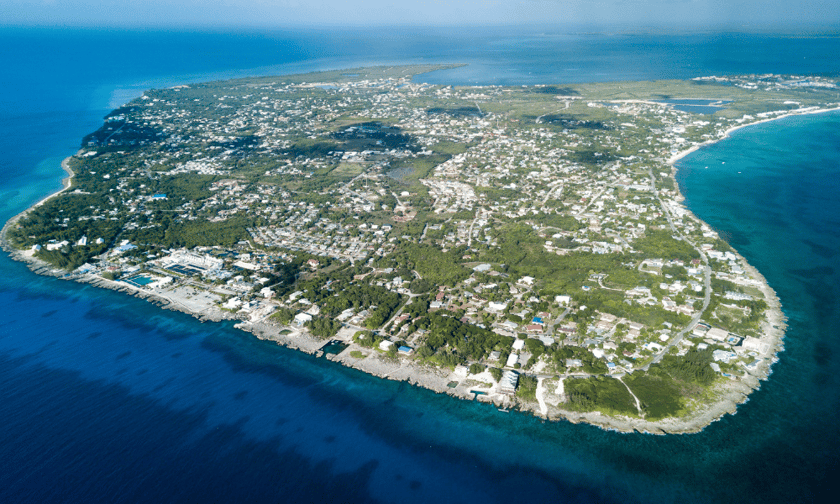

The Cayman Islands is edging closer to achieving a key regulatory milestone from US authorities that could further strengthen its reputation as a global reinsurance hub.
Kara Ebanks, head of insurance supervision at the Cayman Islands Monetary Authority (CIMA), said progress toward gaining “qualified jurisdiction” status from the US National Association of Insurance Commissioners (NAIC) has been positive.
“It’s progressing – I would say the progress has been positive,” Ebanks said Friday during a panel discussion at the annual [Re]Connect conference in Grand Cayman.
Qualified jurisdiction status would allow Cayman-based reinsurers to operate under reduced collateral requirements when doing business with US insurers. The designation recognizes the regulatory framework of a foreign jurisdiction as comparable to US standards.
Ebanks, who shared the stage with four US state insurance commissioners, emphasized the importance of collaboration. “It’s important that people remember that because reinsurance is cross-border – there will always be that need for partnership,” she said, noting that the commissioners’ presence marked their first appearance at the event and showed willingness to engage.
She said the initiative reflects both CIMA’s and the government’s strategic goals, adding, “Our framework would essentially be recognised by the NAIC as equivalent to theirs.”
Ebanks also highlighted broader efforts to align with international standards, pointing to Cayman’s removal from the Caribbean Financial Action Task Force’s “grey list” last year and noting the influence of global regulatory bodies like the Financial Action Task Force.
Glen Mulready, Oklahoma’s insurance commissioner, echoed the spirit of cooperation. “They have continued to reach out and work with us. We will do our due diligence,” he said, adding that transparency and solvency remain shared goals.
The panel also included Nathan Houdek of Wisconsin, Carter Lawrence of Tennessee, and Jon Pike of Utah. Houdek acknowledged the complexities of the US regulatory landscape, where 56 jurisdictions operate independently but stay in close communication.
The commissioners addressed climate-related risks, with Lawrence recalling the devastation caused by Hurricane Helene in Tennessee last year. He noted that changing weather patterns are a concern.
Pike and Ebanks agreed that the evolving nature of the insurance sector demands a robust regulatory approach, particularly around capital adequacy and solvency. “One key function of the authority is a cooperative function,” Ebanks said.
Cayman has signed more than 70 international memorandums of understanding, underscoring its commitment to regulatory alignment and global engagement.
“We don’t want to put a timeline on it,” Ebanks said. “We’re trying to make the best effort to the application review.”
What are your thoughts on the recent developments in the reinsurance sector in the Cayman Islands? Share your insights below.
